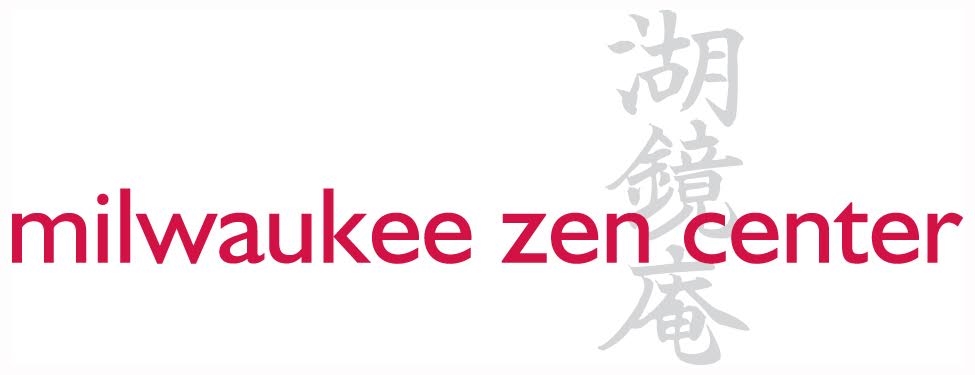History
In the mid-1970's a few friends in the Milwaukee area began meeting to study Buddhism and to practice zazen. For several years, Rev. Dainin Katagiri of the Minneapolis Zen Meditation Center visited and guided the group through lectures and weekend retreats. Slowly the group grew more organized and with the help of many people, the Milwaukee Zen Center was incorporated in 1983 as a non-profit religious organization.
In September, 1985, Rev. Tozen Akiyama came here to be the Resident Priest. Then, in September, 1986, the Zen Center purchased its present home, where all center activities take place. Rev. Akiyama led the activities at the Center for sixteen years, until June of 2001, when he departed to act as Head Teacher for the Alaska Zen Community. He has since retired and lives quietly in California. He designated his student, Rev. Tonen O’Connor, as Resident Priest and her appointment was confirmed by the Center’s membership. She became semi-retired in September, 2011.
Today
The current resident priest is Rev. Reirin Gumbel. The Milwaukee Zen Center offers a regular schedule of zazen, weekend dharma talks and discussions, Introduction to Zazen sessions, monthly half-day sittings and one-day sesshins (zazenkai).
Active in prison ministry over the past fifteen years, the MZC is part of a group a group of teachers from a variety of Buddhist traditions who serve twelve Wisconsin correctional institutions. The Dharma Book Fund helps make printed materials available to prisons and other institutions.
In the understanding that a Buddhist’s role is active participation in the community, we are a member of the Interfaith Conference of Greater Milwaukee and MICAH through the Milwaukee chapter of the Buddhist Peace Fellowship, which is involved with various social justice activities. Please, contact the resident priest if you are interested in volunteering.
MZC clergy have a longstanding involvement with interfaith activities in Milwaukee. In addition to responding to frequent requests for talks and presentations by area churches, schools and community organizations, they are members of Committee on Interfaith Understanding, a program of the Interfaith Conference of Greater Milwaukee.
Our Name
Milwaukee Zen Center is registered in Japan under the name Kokyo-an (Lake Mirror Hermitage), and has the "mountain name" Kounzan (Cultivating Clouds Mountain). Each Japanese temple is registered under an official name, and chooses also its own mountain name, each temple being a "mountain."
Kokyo-an, or Lake Mirror Hermitage, is a name that reflects our geographical proximity to a great body of water, Lake Michigan. Water has always had great significance for Zen as the symbol of the relationship between the universal and the particular, identity and individuality. Waves rising on the surface of the lake have individual existence, yet they are also always truly the lake. Just so our individual lives are waves rising from the ocean of Reality. Waves rise and subside, rise and subside, as impermanent as our lives.
A mirror reflects without judgment, simply showing what is. The lake when calm reflects clouds, just as they are. We chose the word an, or "hermitage," rather than the grander ji, or "temple," to embody the simplicity and modesty of our center, as well as the age-old function of a hermitage as a place for contemplation and refuge.
As for our mountain name, Cultivating Clouds Mountain, it brings to mind the image of clouds passing swiftly over the face of a mountain. Like our lives, they are evanescent, floating freely by, yet must be cultivated even though they cannot be grasped.

